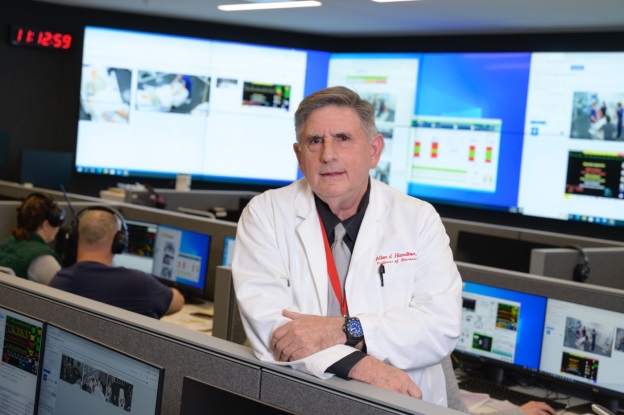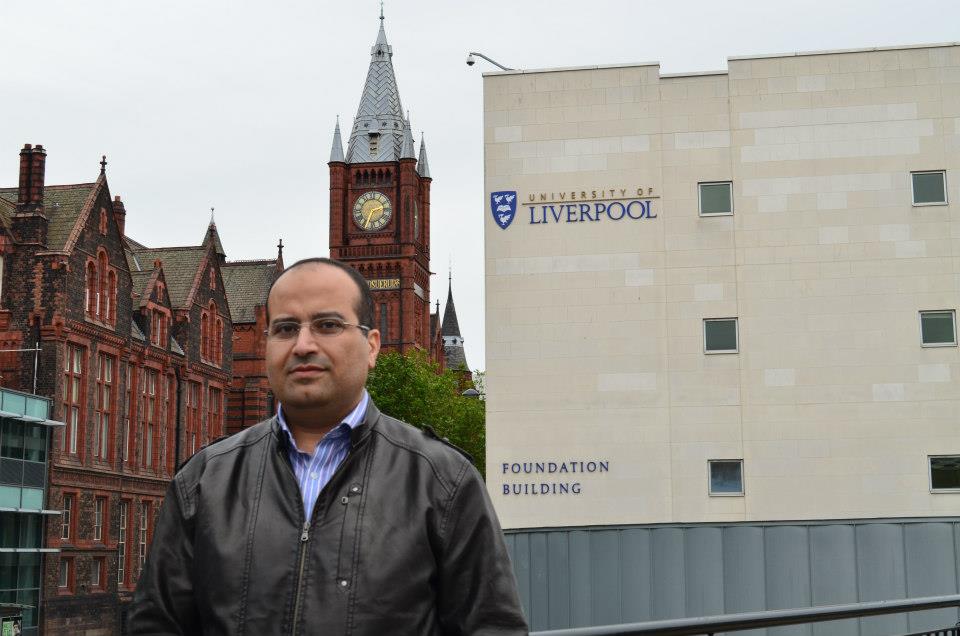
Dr. Allan J. Hamilton
Executive Director, Arizona Simulation Technology & Education Center
University of Arizona, Tucson, Arizona
Allan Hamilton’s remarkable journey began as a janitor before becoming a Harvard-trained brain surgeon. A decorated Army veteran, he served in Operation Desert Storm and now holds four professorships at the University of Arizona in Neurosurgery, Radiation Oncology, Psychology, and Electrical & Computer Engineering. Hamilton has authored seven award-winning non-fiction books translated into multiple languages. Recognized as "One of the Leading Intellects of the Twenty-First Century," he received the Marquis Lifetime Achievement Award in 2015 and was named a Regents Professor in 2019.
Areas of Expertise
Regents Professor of Surgery
Professor of Neurosurgery
Psychology, Radiation Oncology, and Electrical & Computer Engineering

Dr.Sergei Serjeev
Senior Clinical Embryologist
Moscow State University
Dr. Sergei Sergeev, PhD in embryology and developmental biology, is a Senior Clinical Embryologist and Lab Director at GGRC, Georgia. With extensive international experience, he specializes in embryology lab supervision, quality control, risk management, and developing advanced hardware/software systems for laboratory identification, KPI automation, and data analytics.
Areas of Expertise
Embryology, IVF lab management, quality control, automation, data analytics.

Dr Bernd Blobel
FACMI, FACHI, FHL7, FEFMI, FIAHSI
University of Regensburg
Prof. Dr. habil. Bernd Blobel, FACMI, FACHI, FHL7, FEFMI, FIAHSI Affiliated with leading institutions across Germany, Czech Republic, and Italy, Prof. Blobel is a globally recognized expert in digital health transformation, precision medicine, and intelligent health system architecture.
Areas of Expertise
Ethical AI in Healthcare, Predictive Health Informatics.Precision Medicine Ecosystem Design, Health Systems Interoperability, ISO 23903 Architecture

Dr Ahmed Abass
Engineering professional
School of Engineering, University of Liverpool
Dr Ahmed Abass is an engineering professional with a strong focus on applying data-driven approaches and artificial intelligence in healthcare. With experience spanning clinical research, biomedical engineering, and predictive modelling, he is particularly interested in how AI can uncover subtle patterns often overlooked by conventional assessments. Recent work has centred on developing machine learning tools for ophthalmic applications, including using neural networks to predict regional changes in orthokeratology. Passionate about bridging engineering innovation with clinical practice, Dr Abass aims to contribute to more personalised, precise, and effective healthcare solutions through interdisciplinary collaboration.
Areas of Expertise
Dr Ahmed Abass specializes in applying AI and data-driven methods to healthcare, with expertise in biomedical engineering, clinical research, and predictive modeling—particularly in ophthalmology and orthokeratology. His work bridges engineering innovation with clinical practice to advance personalized and precise medical solutions.

Dr Alemu Birara Zemariam
Head of Nursing Academic and Service Department
Woldia University, Ethiopia
Dr. Alemu Birara Zemariam is a senior academic and researcher at Woldia University, currently serving as Head of the Nursing Academic and Service Department. With over 65 peer-reviewed publications and extensive leadership in clinical, academic, and humanitarian initiatives, he is recognized for his contributions to nursing education and public health. He actively engages in national research projects, editorial roles, and community health programs across Ethiopia.
Areas of Expertise
Dr. Alemu specializes in nursing science, public health research, and clinical service delivery. His expertise spans maternal and child health, infectious disease response, mental health interventions, and geospatial health analytics. He integrates advanced methodologies—including machine learning and epidemiological modeling—to address health disparities in Ethiopia, while mentoring students and leading institutional research and quality assurance initiatives.

Prof. Joan-Lluis Vives Corrons
Emeritus Professor
University of Barcelona and Josep Carreras Institute for Leukaemia Research
Emeritus Professor at the University of Barcelona and honorary researcher at the Josep Carreras Institute, he has over 30 years of expertise in clinical haematology and laboratory diagnostics. Former head of Haematology at Hospital Clinic, Barcelona, and long-time leader of Spain’s EQAS-H program. His research focuses on hereditary haemolytic anaemias, with over 400 publications. He coordinates EuroBloodNet and leads the Clinical Ektacytometry Unit at IJC since 2017.
Areas of Expertise
Clinical haematology, diagnosis and genetics of hereditary haemolytic anaemias, including erythroenzymopathies (G6PD, PK deficiencies), RBC membrane disorders (HS), and hemoglobinopathies (thalassemias, SCD).
![Dr MEZIANE Hind]()
Dr MEZIANE Hind
Empowering Healthcare with AI and IoT
Mohammed First University, Oujda, Morocco
Dr. Hind Meziane holds a Ph.D. in Computer Science (2025) and a Master’s in Computer Engineering (2019) from Mohammed First University, Oujda, Morocco. Her research focuses on AI-driven intrusion detection in IoT systems. She is certified in IoT, networking, AI, and cybersecurity, and actively reviews for top international journals and conferences. Dr. Meziane is also a keynote speaker at global scientific events, contributing significantly to the AI and IoT security community.
Areas of Expertise
AI-based intrusion detection, IoT security, cybersecurity, networking, and smart systems.





